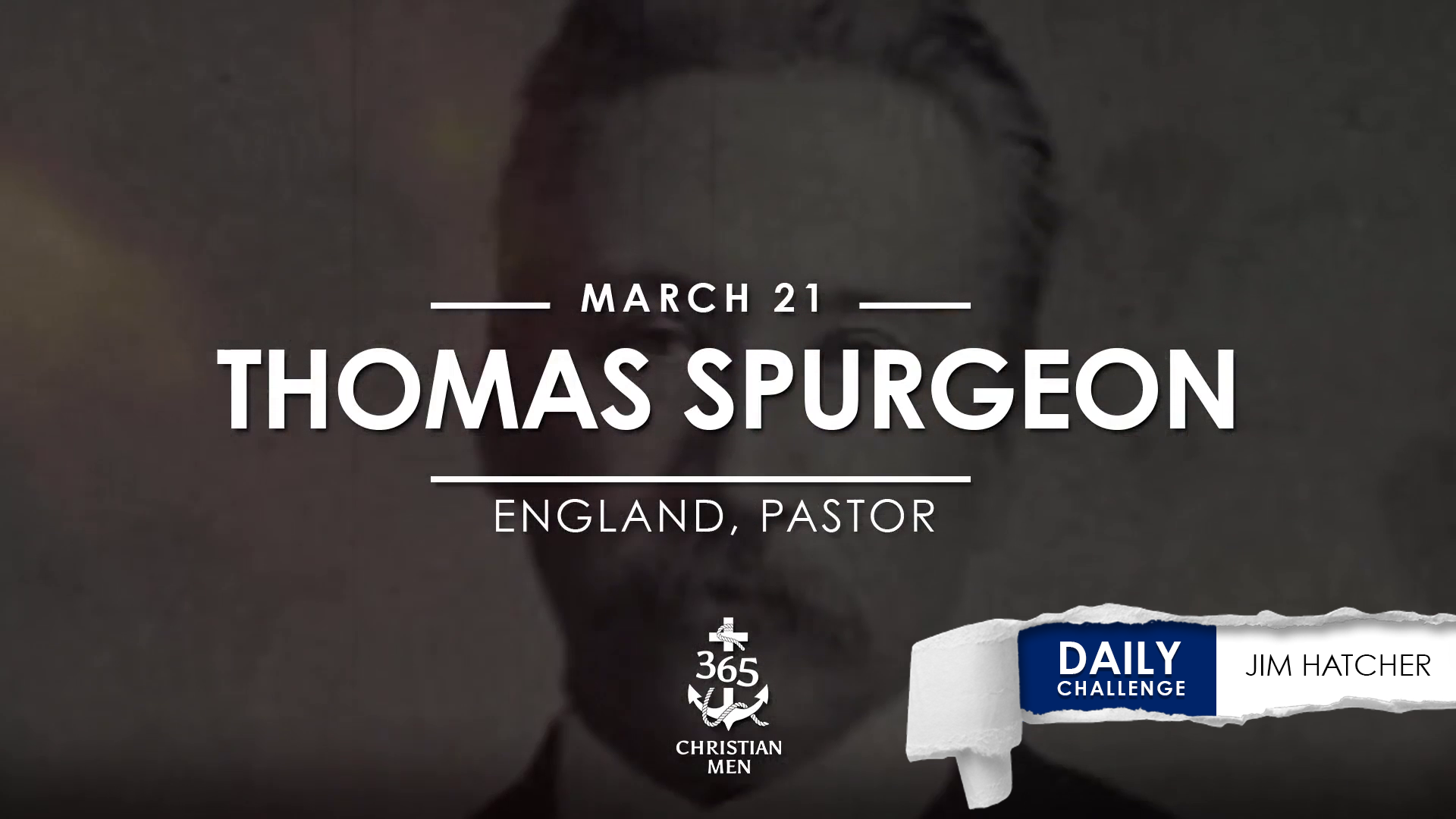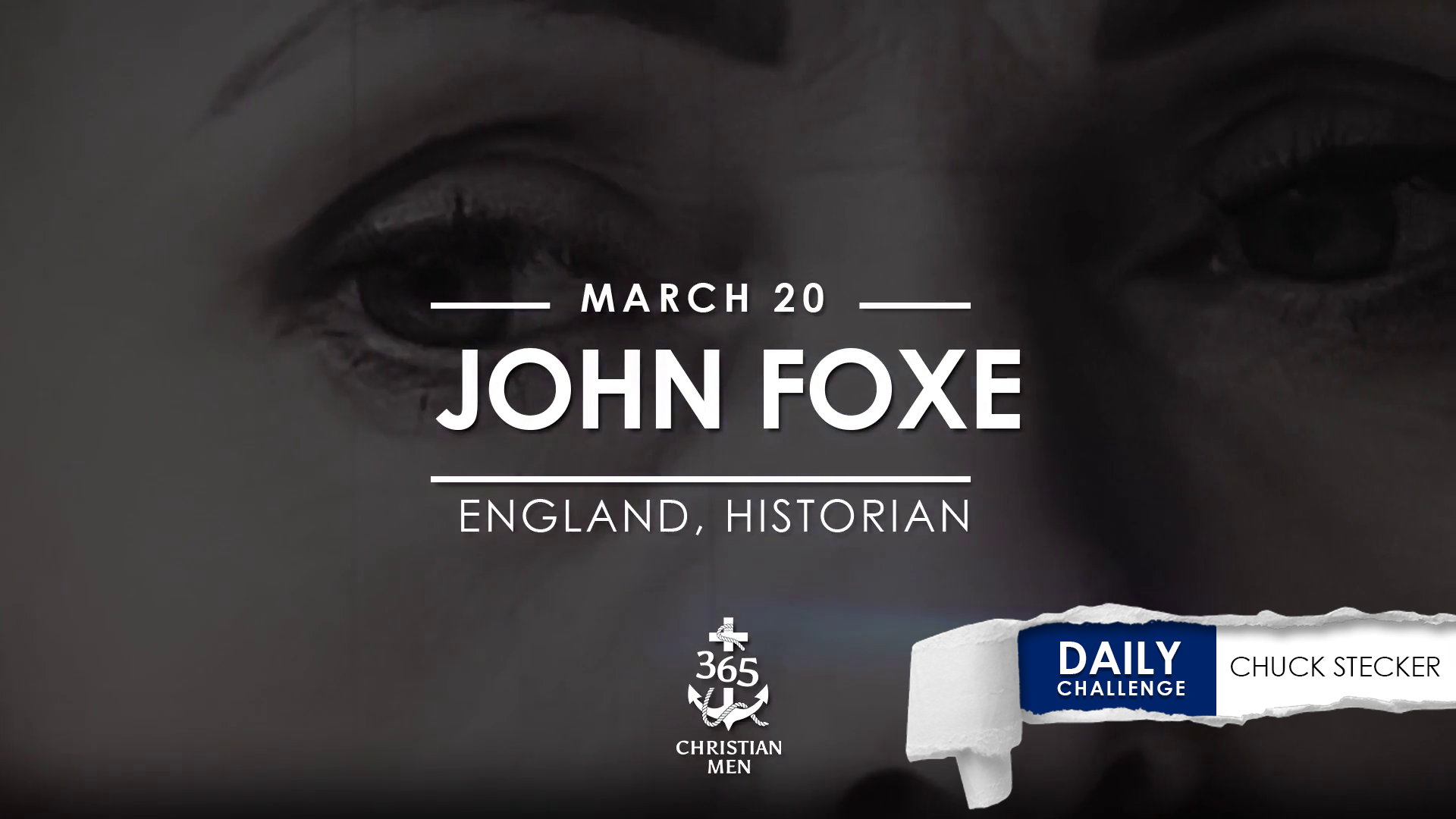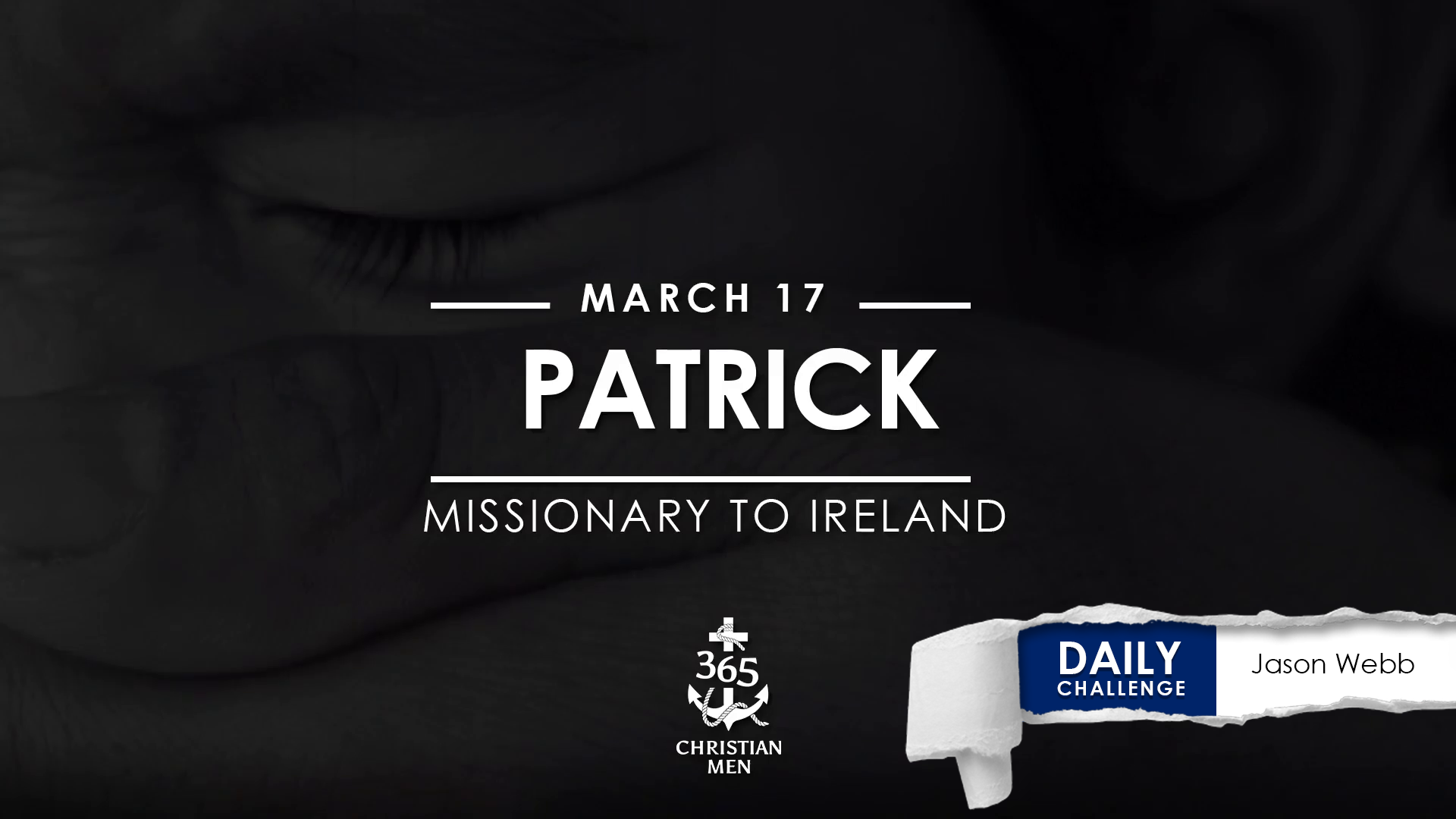March 24: Craig Garland. Craig runs a jail ministry and a local Bible study, both of which focus on helping people with addictions. Here’s today’s story.
God can use a man’s “Yes, send me” to free the addicted.
As Craig made his forty-five-minute commute, he couldn’t believe that at forty-two he had even considered doing the one thing he had said he would never do.
After years of his father’s encouragement, Craig decided to volunteer to serve in his church in whatever capacity they could use him. And he had been adamant he would never do anything as drastic as attend Bible College. So when he enrolled for classes, he said to himself, “Never say never.”
Although Craig was sure God had called him into ministry, he didn’t have a clue as to what God had called him to do—specifically. Craig hoped God would use Bible College to head him in the right direction.
But three years later, Craig still sought direction.
One morning as he turned a curve, he saw a school bus on the side of the road. The children on the bus frantically waved their arms out the windows. As he got closer, he could hear their hysterical cries for help.
Craig pulled up behind the bus, jumped out, and ran to front of the bus. The driver stood motionless staring down over an embankment. Craig asked, “What’s wrong?”
The bus driver stuttered, “She’s dead.” Craig looked over the embankment. A body was floating face down in a pool of water.
Craig froze for just a minute. Then two ladies ran over. They were nurses on their way to the local hospital, and they asked Craig to help them get the body out of the water. Craig told the children to stay on the bus.
He and the two ladies stumbled down the embankment, while the bus driver stayed with the children.
Craig flipped the body over. It was a woman—a woman he had seen many times on his way to classes. The poor woman was a well-known prostitute, who sold herself to feed her addiction; he had seen her walking up and down Highway 119. Now her body was beaten and bruised and ravaged by the years of drug abuse.
Craig stared into her sunken eyes, and it was as if they stared back at him asking why he had never cared before. Why had he never stopped and offered her help? Why had he waited until it was too late?
Craig thought: this lady was somebody’s daughter, somebody’s granddaughter, and maybe somebody’s mother. Then he thought about his own daughter. If she were bound by addiction, he would want somebody to reach out to her, to tell her about a God who can be closer than her breath, the One who can change her whole life. If only somebody had taken the time to reach out, to show they cared, to share the gospel—if only he had.
At that moment in Craig’s heart, he heard the call of Isaiah 6:8: “Then I heard the voice of the Lord saying, ‘Whom shall I send? And who will go for us?’ And I said, ‘Here am I. Send me!’” (NIV). Craig said, Yes, send me to people bound in addiction.
Ambulance sirens broke the silence. The driver and his assistant loaded the lady onto a stretcher and then into the back of the ambulance. With tears streaming down his face, Craig stood in disbelief as the ambulance drove away. He never saw the lady again, but he saw her face every time he looked into the eyes of a person bound by the chains of addiction.
At the age of 42, God had put Craig on the road He wanted him to travel, but not by the means Craig expected. Craig couldn’t change the fate of the lady who had walked Highway 119, but he could be part of changing the course of countless others.
That tragedy soon birthed a jail ministry that focused on how to break the chains of addiction for the inmates. As Craig continued to seek other opportunities, God opened the doors for him and his wife to teach the Bible to the women at an addiction-recovery center in their hometown.
Have you ever sensed God’s call on your life? You can be somebody. God can use a man’s “Yes, send me” to free the addicted.
Story based on an interview with Craig Garland, 2019.
Story read by Joel Carpenter














